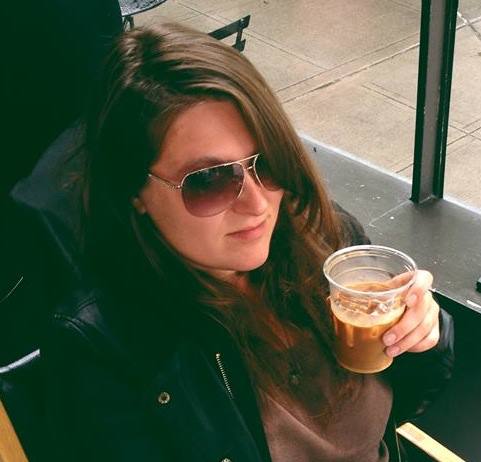As we wrote a couple of weeks ago, the Seattle School Board may have decided against seeking the status that would enable it to authorize charter schools, but that doesn’t mean that charters won’t be coming to Seattle. Witness Hannah Williams, a 30-year-old educator who plans to apply for charter authorization in November and hopes to plant her high-concept school in a Pioneer Square warehouse.
Williams is designing her school, to be called the Out of the Box Learning Studio and targeted to open in the fall of 2014, with the help of a $100,000 grant from Next Generation Learning Challenges, a technology-focused organization largely funded by the Bill and Melinda Gates Foundation.
She says she became frustrated with conventional public schools in part by her experience at Aki Kurose Middle School, where she taught theater and music. “In general, the public schools are always trying to just catch up,” she says, adding that there’s not a lot of time for staff collaboration or creativity.
She also says she chafed at the oppressive pressure to have students perform well on tests. She cites some former students who were “hilarious” and “great actors,” yet were pulled out of her theater classes so that they could take more math and improve their scores.
She left Aki Kurose to get a Masters at Harvard University, where she studies in a program geared to people who want to develop their own school. She came back this June, as the state was gearing up its implementation of charter school Initiative 1240.
Unlike some charter school concepts, which focus on lots of structure as a way to help disadvantaged kids, Williams is going with a free-flowing approach, which intends to be more meaningful to students than traditional schoolwork.
Students will not attend classes per se. Instead, they will work on individual projects, with their teachers acting as “coaches.” Every two to three weeks, they will pick a new theme to work on—say “power” or “equilibrium,” she says. While doing so, she continues, they might write blog posts, or “make an episode for their YouTube channel.”
Indeed, Williams says she doesn’t even want to use a physical classroom. “I dream of what MOHAI looks like,” she says referring to the Museum of History and Industry. “A big open space. There will be project rooms and material rooms.” Thus her idea for a Pioneer Square warehouse.
How will her school be greeted in Seattle, a city where anti-charter sentiments run high? The young educator is upbeat, saying she recognizes that people here are passionate on the subject, but believes she can work even with staffers at the district and its schools. NOVA, an alternative high school run by the district, is adding a middle school, she points out. “Why not sit down with me?” she asks. “It’s a natural collaboration.”
But she may have to navigate some thorny political issues, especially if she acts on her ambition to create a series of public schools. Along with a former principal from the Highline district, Jeff Petty, Williams says she is forming a non-profit that seeks to act as an “incubator” for charters throughout the Puget Sound region.
One issue concerns the “conversion” clause in I-1240. A regular public school can become a charter school if a majority of teachers or parents vote to convert. As Charter School Commission member Trish Dziko told SW recently, such votes and the ramifications afterward could get extremely “contentious.”
Williams, asked whether she would be interested in taking advantage of the conversion clause, replies enthusiastically. “That would be awesome,” she says, although she clarifies that she’s concentrating on her warehouse concept and has no current plans to pursue a district school.








